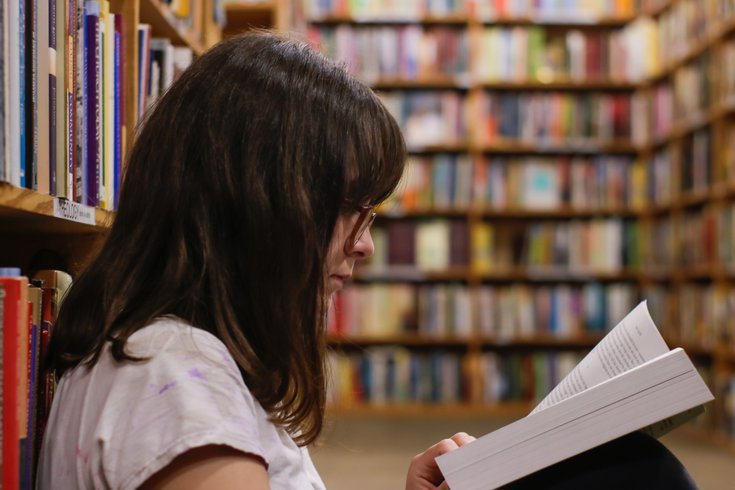
July 21, 2023
 Eliott Reyna/Unsplash
Eliott Reyna/Unsplash
Youth suicide risk appears to follow a 'clear pattern' that aligns with the school year, researchers say. A new study found hospitalizations and emergency department visits for suicide attempts typically increase during the school year and dip in the summer months.
The number of children and teenagers that experience suicidal thoughts or attempt suicide appears to have consistently increased from 2016 to 2021, new research shows. But the year 2020 – when schools were closed due to the COVID-19 pandemic – was an exception, indicating that schools may have an impact on youth mental health.
The study found that hospitalizations and emergency department visits for these issues are typically more common during the school year, with seasonal peaks in April and October. They generally dip during the summer months. But in the spring of 2020, when stay-at-home orders were issued, hospitalizations and ED visits substantially dropped at a time when they usually rise. Once students began returning to school in 2021, they again increased, particularly among young girls.
For the study, researchers at UTHealth Houston analyzed more than 70,000 hospitalizations and ED visits among children and teens for suicide attempts and suicidal thoughts between 2016 and 2021.
"We were initially motivated to determine if there was an increasing trend in youth self-harm and suicide ideation or attempts over the last five years, and we did in fact confirm a year-over-year increase, except in 2020," said Scott Lane, one of the study's authors. "In 2020, we were provided with a rare natural experiment, in which the entire school system was shut down across the country. ... It just happened that the school closure occurred during months in which suicidality normally peaks. We observed a decline in the spring when schools were closed, where we would otherwise predict an increase."
Rates of suicide attempts and suicidal thoughts follow a "clear pattern" tied to the school year, the researchers said. They ruled out other potential explanations for fluctuations, including weather changes and economic disruptions.
Though schools offer healthy learning experiences and offer opportunities for children and teens to connect socially with their peers, they also can be sources of significant stress.
Previous research has indicated that children and teens can face mental health issues during the school year due to poor sleep, bullying and peer pressure. School stress can increase anxiety, depression and poor academic performance.
Mental health disorders already had been rising prior to the pandemic, and some children who had emotional struggles seemed to do better during the lockdowns, Harvard researchers have noted.
Tyler Black, an emergency pediatric psychiatrist at the University of British Columbia, said that parents and school administrators are often shocked when he tells them that children's risk of suicide increases during the school year.
In an article for the Scientific American last fall, Black recommended schools reduce homework, add a mental health curriculum, take bullying seriously, fund arts and music education, end perfect attendance awards and delay school start times.
Yet, previous research also has found that remote learning was hard on students and their social-emotional development. Harvard researchers found that school closures led to temper tantrums, anxiety and a poor ability to manage emotions.
In a survey conducted by The New York Times, 94% of school counselors said their students showed more signs of anxiety and depression after returning to the classroom. Many described their students as having the same social and emotional skills as they had prior to the closures.
Suicide attempts, suicidal thoughts and other self-harming behaviors have been at the forefront of the discussion of the youth mental health crisis. Earlier this year, U.S. Surgeon General Dr. Vivek Murthy warned that excessive social media use was contributing to mental health issues among children and teens.
Parents can support children who are experiencing suicidal thoughts or other mental health issues by listening to their concerns, spending quality time with them, and expressing love for them, according to the American Psychological Association.
"We have to start thinking about it not in an alarmist way, but in a way that will encourage kids to feel comfortable disclosing to people that they're thinking about suicide — where we can normalize having conversations about mental health in school without treating people who are struggling with their symptoms as if there's something wrong with them," Regina Miranda, a psychology professor at Hunter College, told NBC News.
If you or someone you know is thinking about suicide, please call or text the Suicide and Crisis Lifeline at 988.